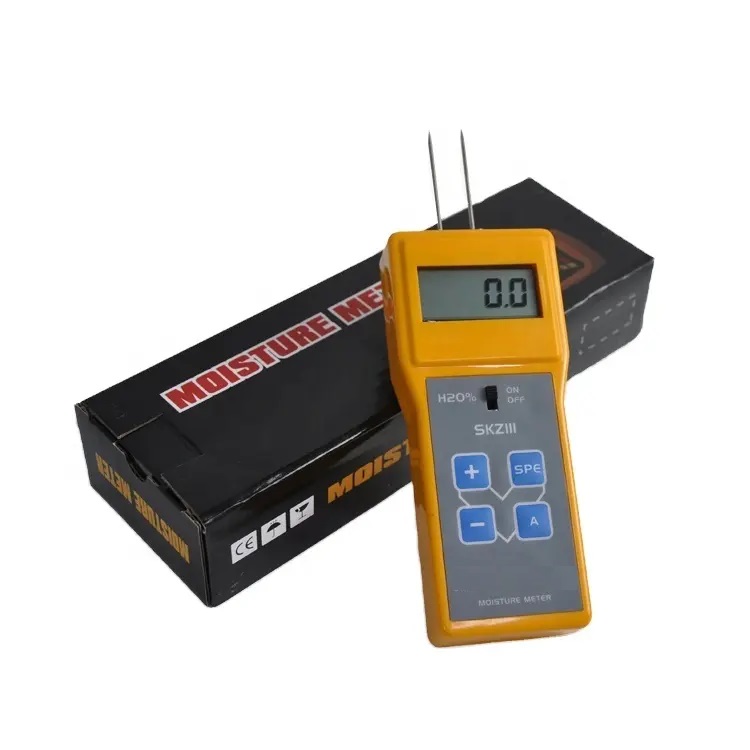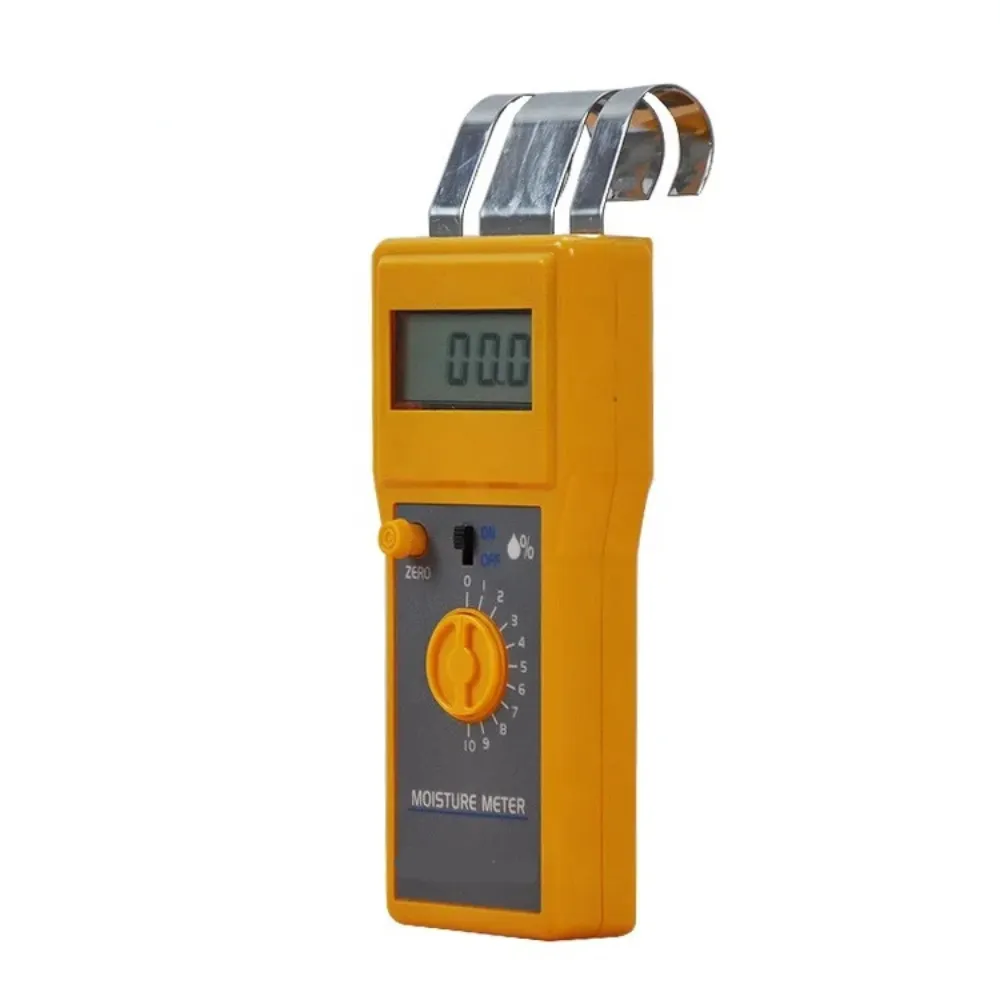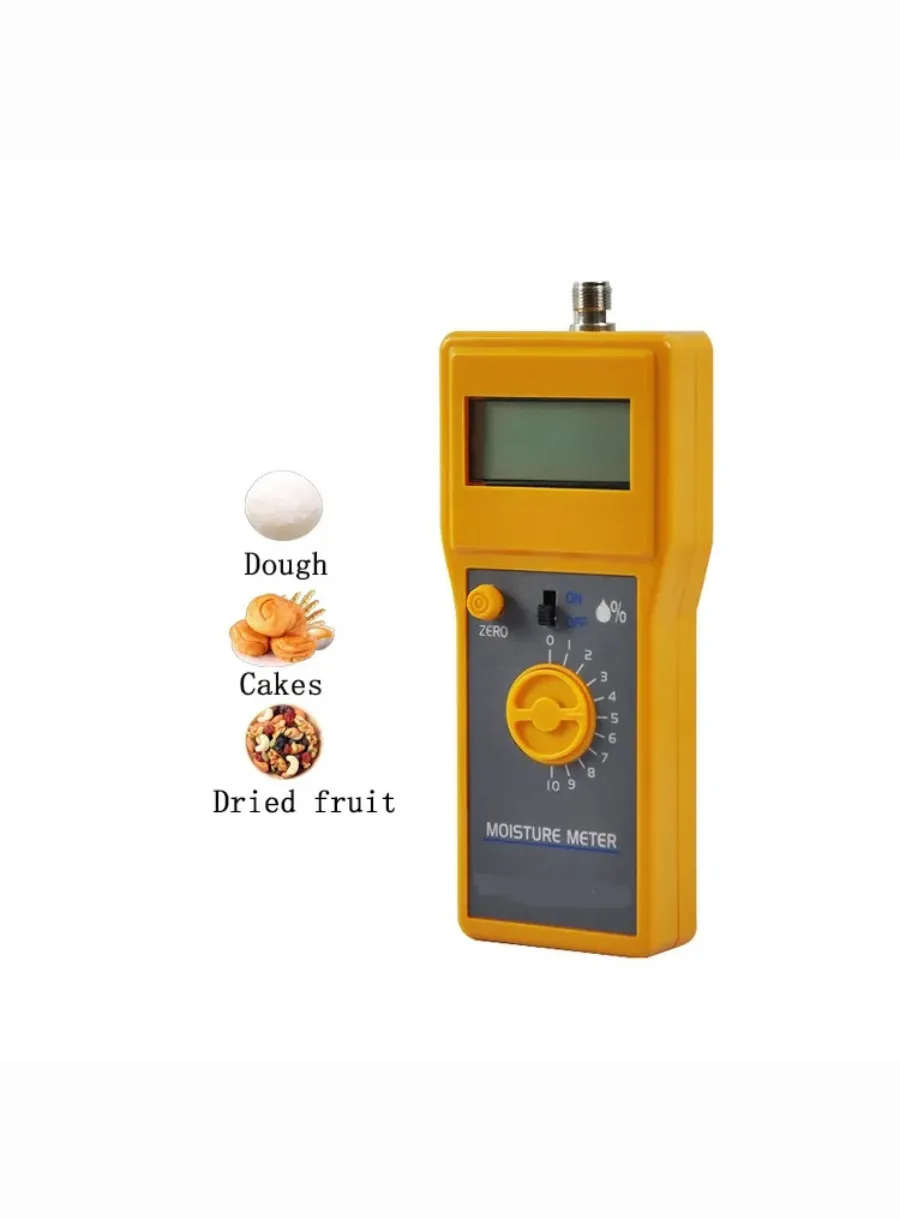
How Textile Moisture Meters Work
Table of Contents
The textile moisture meters are essential tools for the textile industry, as they help to measure the moisture content in fabrics. This is crucial for ensuring the quality and durability of the final product. In this article, we will explore how textile moisture meters work and the importance of accurate moisture measurement in the textile industry.
textile moisture meters work by utilizing a combination of electrical and mechanical principles. The basic principle behind these meters is that moisture in a fabric conducts electricity. When a small voltage is applied to the fabric, the moisture content will cause a current to flow through it. By measuring the current, the moisture content can be determined.
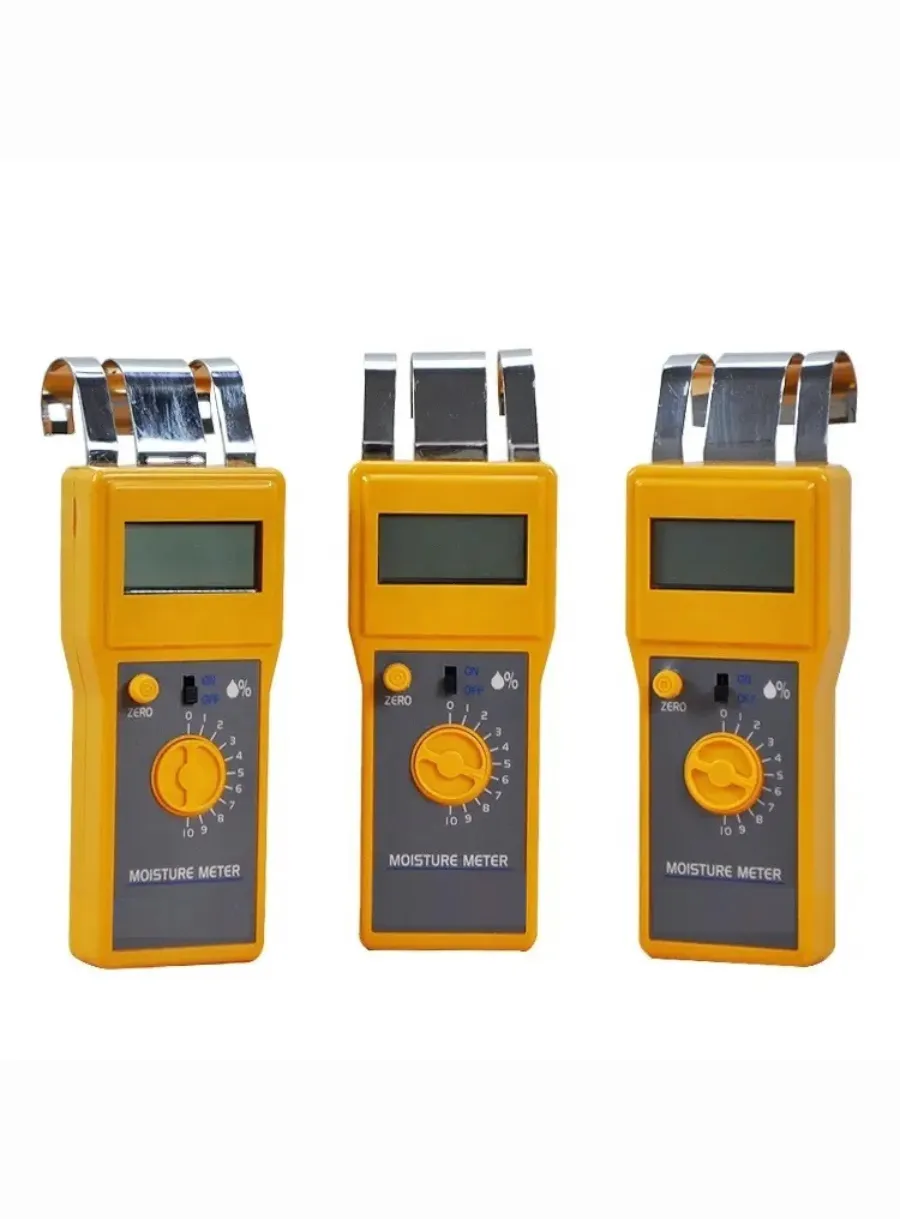
Types of Textile Moisture Meters
There are several types of textile moisture meters available on the market, each with its own unique features and benefits. Some meters use a direct contact method, where the fabric is placed directly on the sensor. Others use a non-contact method, where the fabric is held at a distance from the sensor. The choice of meter depends on the specific requirements of the textile manufacturer.
Importance of Accuracy in Moisture Measurement
One of the most important factors to consider when using a textile moisture meter is the accuracy of the measurement. Inaccurate moisture measurements can lead to problems such as shrinkage, discoloration, and reduced durability of the final product. To ensure accurate measurements, it is essential to calibrate the meter regularly and to use the correct measurement technique for the specific type of fabric being tested.
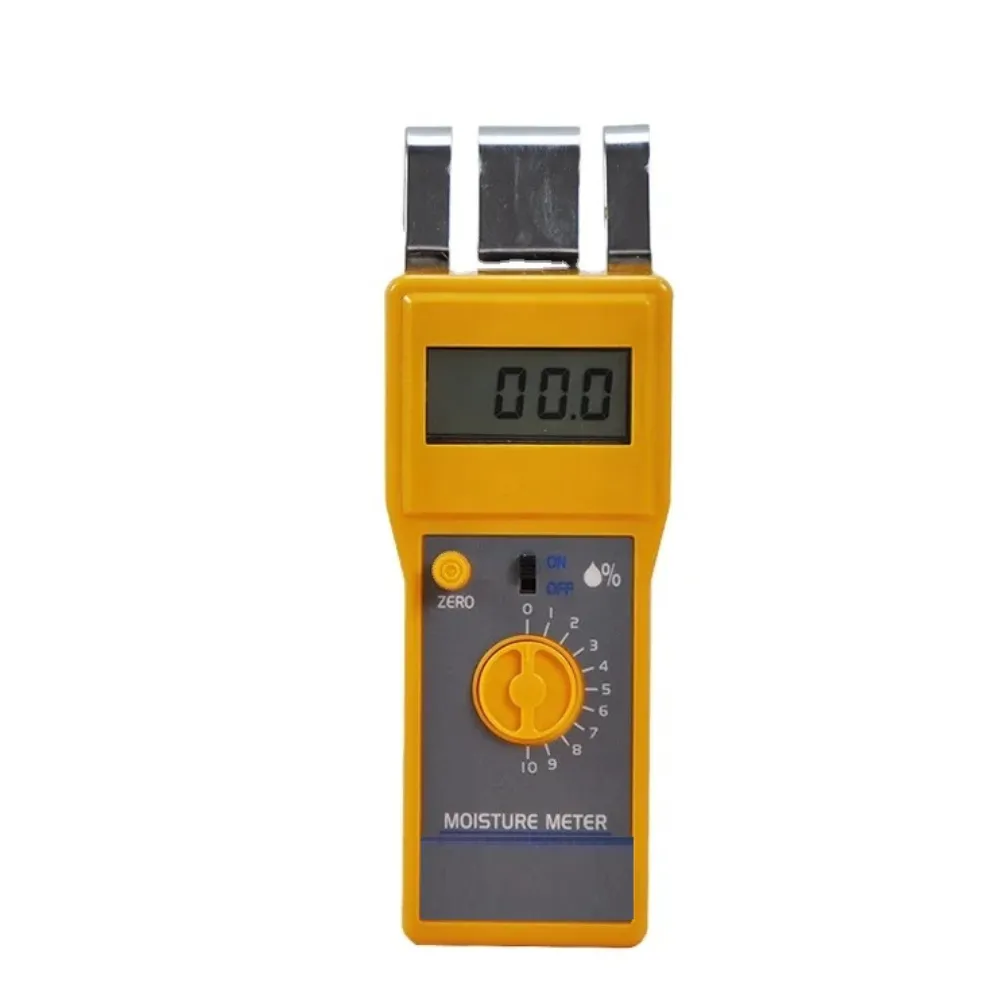
Applications in the Manufacturing Process
Textile moisture meters are used in various stages of the textile manufacturing process. For example, they can be used to measure the moisture content of raw materials such as cotton or wool before they are processed. This helps to ensure that the materials are properly prepared for dyeing, printing, or other treatments.
Ensuring Product Quality During Storage and Transportation
In addition, textile moisture meters can be used to measure the moisture content of finished fabrics before they are packaged and shipped. This is important because excessive moisture can cause damage to the fabric during storage and transportation. By measuring the moisture content of the fabric, manufacturers can take steps to reduce the risk of damage and ensure that their products arrive at their destination in perfect condition.
Role in Quality Control
Textile moisture meters are also used in the quality control process. By measuring the moisture content of fabrics, manufacturers can identify any inconsistencies in the manufacturing process and take corrective action to improve the quality of their products. This is particularly important in the textile industry, where small variations in moisture content can have a significant impact on the final product.
Conclusion
In conclusion, textile moisture meters are essential tools for the textile industry. They help to ensure the quality and durability of fabrics by accurately measuring the moisture content. By using these meters, manufacturers can identify any issues with their materials and processes and take corrective action to improve the quality of their products. As the textile industry continues to evolve, it is likely that textile moisture meters will become even more important in ensuring the success of textile manufacturers around the world.
Comments
Tags
Frequently Asked Question
Accurate moisture measurement is crucial because it helps prevent issues such as shrinkage, discoloration, and reduced durability in the final product. It also ensures proper preparation of materials for various treatments.
Textile moisture meters work by applying a small voltage to the fabric. The moisture in the fabric conducts electricity, and by measuring the resulting current, the meter can determine the moisture content.

